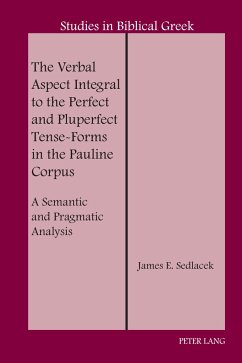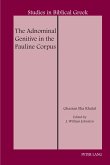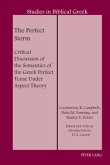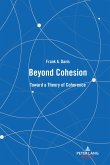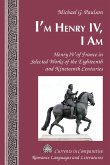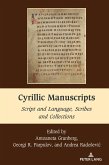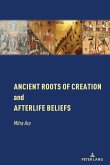This book argues that the verbal aspect of the Greek Perfect is complex, involving not one but two aspects, where the perfective applies to events and the imperfective applies to states. These two aspects are connected to specific morphemes in the Perfect tense-form. This study analyses Perfect tense-forms in discursive text by focusing on the Pauline Corpus. The method is grounded in grammaticalisation studies and informed by morphology, comparative linguistics, and historical linguistics. The argument is further supported by a corpus-based study showing both the Greek Perfect tense-form use in letters over an 800-year period and adverb collocations of the Perfect tense-form. The adverb collocations establish when a Perfect is used for an event or for a state. This study challenges other verbal aspect studies that find only one verbal aspect to explain the Greek Perfect. This study situates the Pauline Perfect tense-form usage within a spectrum of other letter writers, and finds that within the Pauline Corpus the Perfects within supplemental clauses are more likely to use active lexemes than other letter writers. This study also finds that most of the Perfects used in letters are supplemental to the mainline and are often backgrounded rather than foregrounded.
"James Sedlacek's analysis of verbal aspect with respect to perfects in the Pauline writings brings to the table a multidisciplinary approach that invokes corpus linguistics in the pursuit of both semantic and pragmatic angles. He interacts with major published works on aspect, arguing that (plu-)perfect forms point to an imperfective state, a perfect action, or both, while noting that context-relevance cannot be discerned merely from the use of the form itself. Readers will appreciate the author's care in documenting his interactions via substantive citations of current scholarship as well as charting of the Pauline, classical and patristic Greek data that go to the argument. The discussion is engaging and quite informative in its pursuit of advancing our understanding of perfect 'tense' forms." -Jonathan M. Watt, Professor of Biblical Studies, Chair of Department of Bible Christian Ministries and Philosophy, Geneva College, Beaver Falls, Pennsylvania

